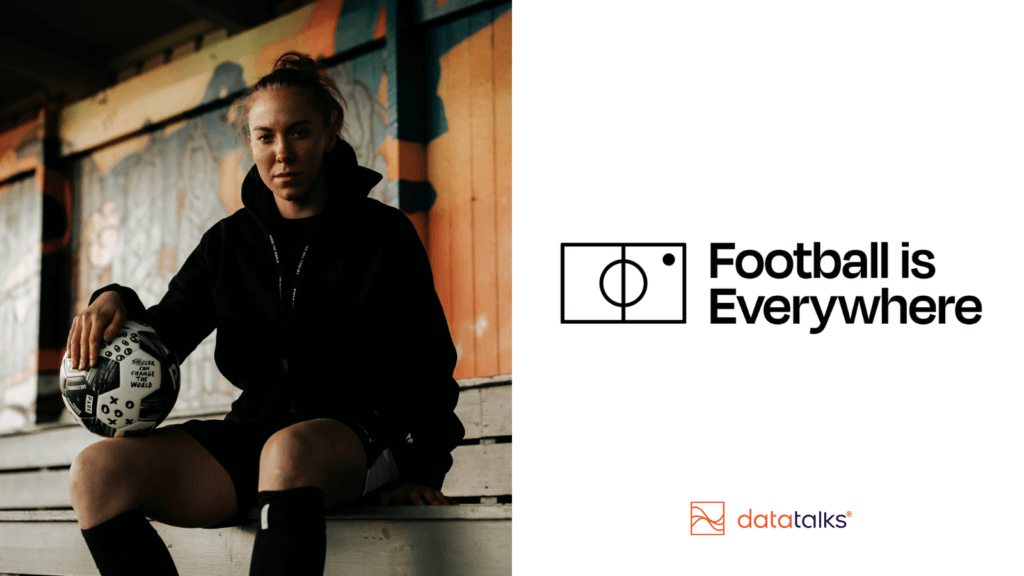
We sat down with Football is Everywhere founder Pato Jerzak. Our mission? To bring her story to you our beloved readers as part of our Women in Sports: Beyond the hashtag initiative. But what we discovered from our conversation was a powerful “recipe for success” that every single sports organization needs to know about today. This “recipe for success” is the great actionable insight that she shared with us. Pato, one of the Football is Everywhere founders, used this “recipe for success” to set herself apart as a powerful athlete and sports entrepreneur. And today, you will have the opportunity to read all about it in this blog post.
Before we dive right in...
Subscribe to our blog today to ensure that you never miss valuable posts such as this one. We are passionate about helping sports organizations deliver a world-class fan experience, because better fan experience means better business. So why not use this opportunity to the fullest?

Who is Pato Jerzak?
Pato Jerzak is a well-known football player and sports entrepreneur based in Sweden.
Getting started in football
Interviewer: Can you take us back to the moment when you realized that you were in love with football or that football is something that you wanted to do.
Pato: I don’t think I ever had a moment like that. I was always in some way playing football. While I was still living in Poland, we used to play with other kids that lived in the building. We all played football together outside. So that’s all my early memories. So it was just kind of natural. Then when I came to Sweden, I thought that one of the first things will be to actually start playing in a club. So I think for me, it’s always been a part of who I am. So it’s hard, to say, oh, this is where it started. It has naturally kind of built up in my life from the start. I decided I want to do this as a career basically.
When I was in school, even when I was in first grade up to ninth grade, people always asked what you want to be. And [other] people said that they wanted to study. And in my head, it was always like, oh, I’m going to play football. That’s, what’s natural to me. And when I got to watch Marta playing, I think that was a moment where you kind of felt like there is a career for women in this. Because she was such a strong personality and obviously like the best player.
So when [I] saw her and also she was playing in Sweden, that made it even closer. Cause I mean maybe if she would be playing like far away, it wouldn’t really feel that accessible. So the fact that she did play in Sweden also made it more like, this is possible.
The genesis of Football is Everywhere

Interviewer: And then where does Football is Everywhere come in, in all of this? Where did it come up? And what was that like?
Pato: There was always something about taking photos of footballs, in my life. I kinda liked the idea of taking pictures of football pitches. It started with older ones and the kind of ones that have a little bit more of a feel to them. Not like these big arenas, because that’s kind of what I grew up with. In Sweden, in my small town, there was a local pitch.

I’d say since I’ve played football for so long, I experienced also a lot of bad things in having it as a career. And I also remember what was the most important for me. So I’d say it’s a summary of all the things that I think are important. I’m not saying it’s a result of my career, but, it has led up to me being like, I want to, showcase these people that are like volunteers in football, like strong profiles that didn’t get that much attention, but have a lot of meaning in the communities.
So I never really wanted to do a magazine to be showcasing the best players, or best coaches, or the biggest, richest clubs. It was more so about the football that I grew up with and the people that touched me. But also a lot like [those that are] important for communities in their local areas.
The challenges
Injuries, mental health, and politics
Interviewer: You said that during your time playing football, you’ve seen lots of bad things. Would you mind telling us a bit more about that and what that means?
Pato: I mean the football industry is usually like, everything is great. I think that’s what we usually see. It’s just people being happy and winning. Those are the things that get attention. But it’s not often you can hear about players struggling because of injuries.
Like some players that had issues with injuries for a long time. A lot of mental health problems, a lot of politics in clubs that are just not good. Those are maybe things I have experienced, whereas there are also things in the bigger picture. There’s corruption. Like some people not being able to play football, there are [more problems], in the bigger aspect of the football industry.
Being a woman in sports
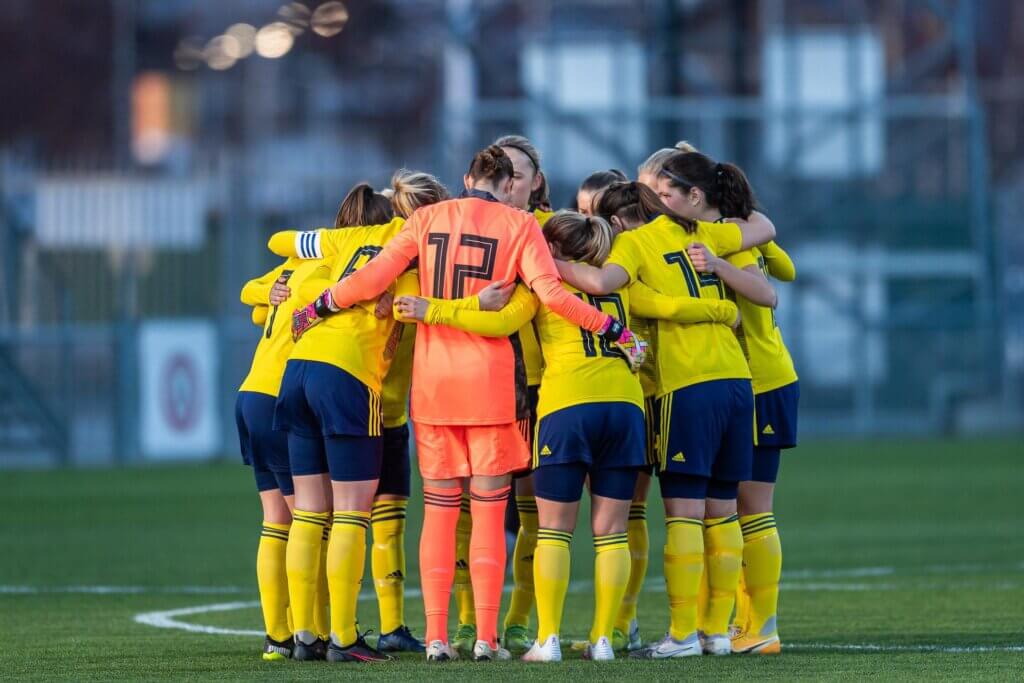
Interviewer: It’s so interesting to hear you talk about this. Do you think that this is something in general? Or would you say there’s a difference between men’s and women’s football when it comes to these bad things that you spoke about? Of course, it’s only one perspective and what you’ve seen, but just from your point of view.
Pato: Obviously I haven’t played with boys. I didn’t really see any bad things when I was playing when I was young. But from my perspective, playing on the higher level in Sweden, Italy, and the US, I think there are a lot of these annoying things that would happen. I don’t even remember which team I was playing for, we were playing in the highest division and we had to move to play or practice on some pitch, further away because there was some hotel that had an event on our pitch.
Could you imagine you said to FC Barcelona men, that they have to move because someone else is going to have an event there? Those things just don’t happen.
Pato’s hopes for women in football
(This is a continuation of the question asked above)
Pato (continued): So for me, what I would want for women in football is that all the countries, all the clubs, or the leagues could reach a level where they all can compete. So where we wouldn’t see a 20 – 0 game. Where all the different countries would be able to compete. So if you would raise the level for all of them, rather than just making it better for the richer ones. And then they kind of just go too far and it’s just hard for everyone [else] to keep up. But yeah, I mean, in terms of politics, I think there’s always weird things happening.
And there’s obviously a lot of things that need to be done from the clubs, from the federations for [women in football] to grow. It’s not only that someone just decides like, okay, now you all gonna get equal pay. You know, it’s not. Unfortunately, it’s not easy because it’s a business. So, I think when you’re in there [the industry], you know that there are some things that need to be changed in all areas.
Like how can we give women more possibilities to train, [and get] more girls just interested? I think that’s also a thing that most fans watching men’s football will be men. So, can we get more women interested also in watching women? There are so many things that need to go into it to make it a more interesting product.
Football is Eveywhere’s recipe for success
This section of the interview is all about shifting mindsets and growing in sports. And if you have read our “Winning on and off the field- a PAOK FC story” blog post, you will see the parallels with what Pato is saying. It is not enough to just win on the field. You have to also win off the field. How?

Football as a product - building brands and not just clubs
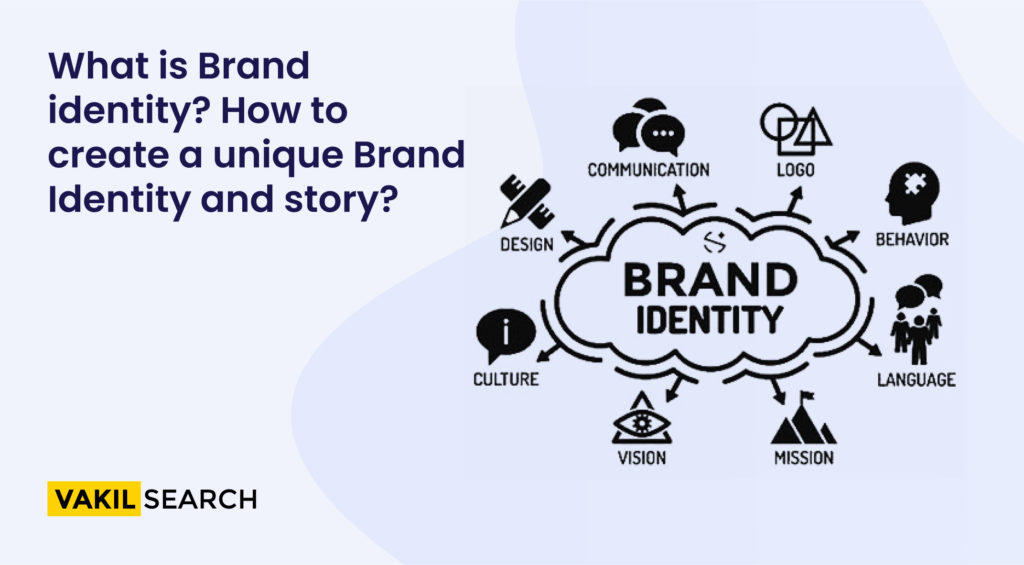
Interviewer: It’s interesting that you used the word “product” because on one side, what you’re describing is this passion, this naturalness, it’s a way of life for you. It’s like, it just came naturally. And then now you used the word “product” and talked about this as a business and being a product at the end of the day. This business and this “product” versus this passion and this thing that means a lot to a lot of kids, young women or young men. How do you reconcile the two?
Pato: Well, the reason why I think a lot of people would be interested in, like Manchester United and FC Barcelona is that these clubs have a big brand. It doesn’t even matter if the league is better in Sweden, the brands here are not as strong.
The case of Sweden
Pato (continued): And that’s the issue. I usually say the mistake that Sweden has made in terms of the league is that we do have a good national team. But because we were so ahead of everyone else in women’s football back in the day, now when the women’s clubs in other countries are starting out, these clubs can offer better money [but] the brands and the clubs here, there’s nothing interesting about them anymore. They’re just clubs. They’re not brands. Some of the best clubs in Sweden, I’m not going to just say social media, but some of their social media looks really bad. It just doesn’t look interesting to be a part of.
So, obviously, if you want to get fans to your games, you need to think about how you make your players interesting. They’re like products in a way because if you have players that are interesting, people want to watch these players. So, it’s about how clubs make themselves interesting.
Shifting mindsets & changing our approach towards women’s football (and football in general)
Making women’s football more accessible
Pato (Continued): And I think what’s really good now is that ViaPlay has gained rights for the first league in Sweden, which is, I think, a huge, huge, huge step because last year it was very hard for someone to access the Swedish league if they weren’t in Sweden. And it was also really expensive, so we need to make it more accessible if you want to grow.
Attracting Sponsors

Pato (Continued): So in terms of the products that you mentioned, there are so many things that can be done. I’m not saying it’s an easy way, but I think it’s a solution if you want to make more sponsors attracted because right now, what has been going on in the women’s league in Sweden is that people have just been kind of like, “Hey, can you sponsor us?”. But, there hasn’t been any, “what do you give us back?”
Why not do videos and put them out on your social media? But now clubs are kind of doing that, but not even all of them are. You can’t expect sponsors anymore to just give you a million crowns because of who you are. Obviously now I’m just focusing on the women’s league in Sweden, but you know there are a lot of places like that. And obviously, it is harder if you don’t have a men’s team behind you because you don’t have the brand already built up, but at the same time, I don’t think it should be an excuse.
You can still put out something very interesting. There are so many of these community teams in the UK or somewhere that have huge followings and have a huge interest in them because they’re just putting out interesting things. So it shouldn’t be an excuse, like, “oh, we’re just a women’s team. It’s really hard.” It is hard, but I think like… when I have played in these kinds of clubs this is always what I hear, “sponsors aren’t giving us money” and I’m like, yeah, but what are you actually trying to do about it? I’m really passionate about this because there are so many things that I’ve seen and I think they should be done differently.
Pato’s hope for Football is Everywhere
Interviewer: So, where do you see football is everywhere in the next five years?
Pato: Obviously now it started as a magazine, but we want it to kind of grow into different branches of different things. The magazine is our core product. That’s always going to be. But I think we want to go into more, how do we create more video content, have our own series of mini-documentaries, and then how do we grow as a brand? What I would really want to do is be able to create opportunities, especially for girls. I have so many ideas. But I think we’re yet to define what exactly we want that to mean. Right now it’s about telling important stories, but I think we want to be able to get involved even more in certain football communities. We need to first discover, how is the best way for us to do that?
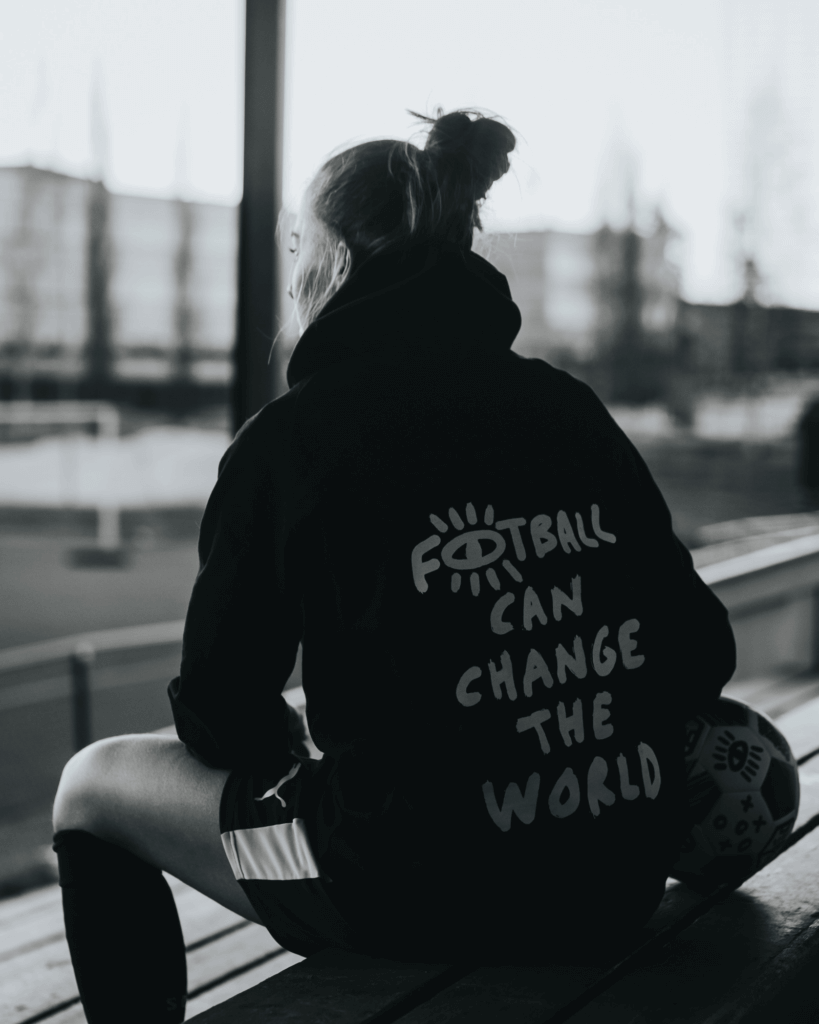

If you would also like to be a part of our Women in sports initiative please reach out to me >>
Conclusion
Our conversation with Pato was very powerful for a number of reasons. Firstly, the perspective that she used and spoke from when it comes to the sports industry in general, shows that women in sports’ voices should not just be relegated to addressing just other women in sports. But rather, women in sports should be heard in all sports arenas, not as women first but as athletes/coaches/leaders first. For example, she spoke on different topics ranging from athletes as club brand ambassadors, branding and brand awareness, attracting sponsors, and sustainability in sports. All sports organizations need to know about these topics – not just women in sports.
Another important reason why this conversation was so important is that it brings a diversity of thought into the conversation around women in sports. This is not a monolithic conversation but rather polylithic. Pato’s views don’t necessarily represent those of other women in her field, nor should they.
And finally, to other women in sports, and all involved in this area, here’s one key point that you can take away.
The importance of fan engagement to women in sports
Pato highlighted the importance of building brands and creating some “interest” in clubs in order to bring fans to games. This is an area that we are experts in so we will leave you with a few facts and actionable insights that you can take away and replicate.

There's a huge interest in women’s sports

84% of all sports fans are interested in women’s sports. So if there was ever any doubt that this was the case, now you know that this is indeed true.

Use digital platforms to build a follower base

There is a huge appetite for female sports content on social media. You should leverage this by creating content such as videos to attract people to your club.

You need to collect, analyze and act on data
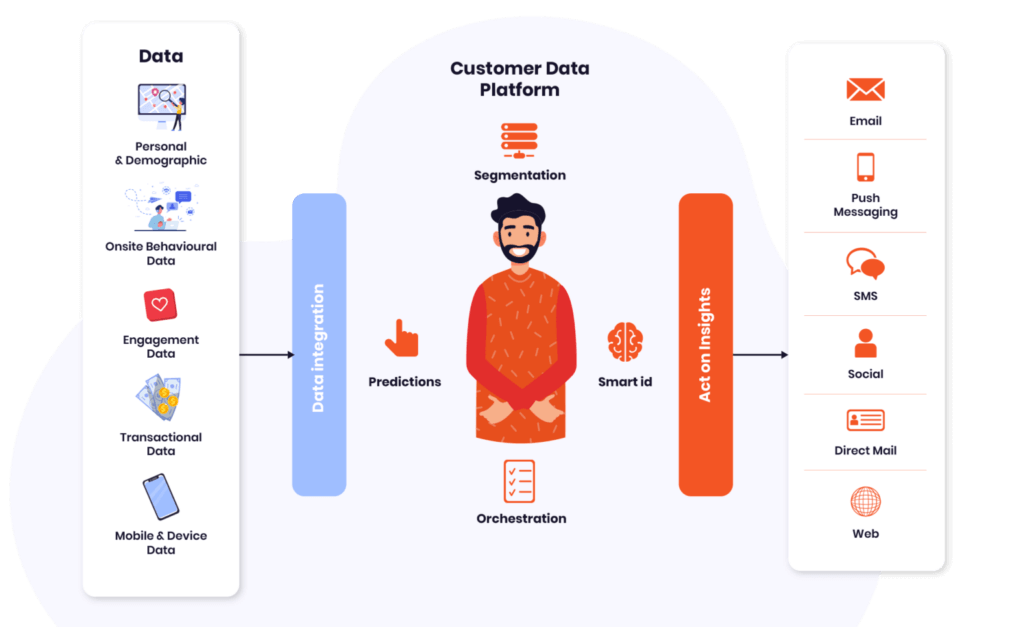
We recommend this for all sports organizations. So naturally, women in sports are no exception. There is only so much you can do with “interest” and social media followers. You can reap more results and benefits if you turn all of this into data. Collecting data and storing it in one place should therefore be your first priority. Unlike men and women in sports, not all data collection methods were created equal. A sports customer data platform (CDP) excels above all others.
With this data in the sports CDP, you can then analyze it in easy-to-understand dashboards. So, you don’t need to be an IT whiz to understand the data. And then once you have analyzed this data you can improve fan engagement and attract more sponsors.
Read more here:





Leave a Reply